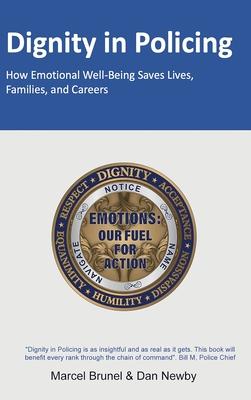Emotions have always been part of policing although they’ve often been overlooked in favor of other learning and development. The time has come in the evolution of the role of first responders for emotional literacy to be added to their professional competencies.
Decades of research show that life satisfaction, in the face of traumatic events, is less about how many we have experienced and more about how we have navigated our way through them.
The current situation in policing is the result of millions of choices made over many decades. No one laid out a plan for understaffing, societal division and unrest, or tension levels that can damage an officer’s well-being. Most of what we see around us was not created intentionally. We worked with the knowledge and tools available, and like in most other fields, the tools we have today reveal the limitations of the tools we had yesterday.
We are where we are because we did our best with the knowledge and skills available to us. This is true for us individually and for our agencies. We do not knowingly follow a path that does not lead where we want to go.
This book is a program of awareness, action, and evolution based on the growing understanding of emotions as a tool and life skill. It proposes a practical interpretation of emotions that shines a light on how they can be leveraged to decrease our blind spots when making decisions, solving problems, and building relationships.
It is about what only you, as a first responder, can do to ensure emotional balance in your life, with your family, throughout your career, and after you retire. It is about the powerful role of dignity in self-care and establishing your standing in the world.












